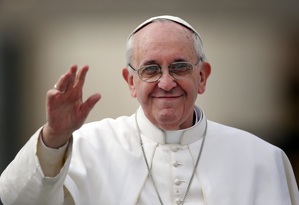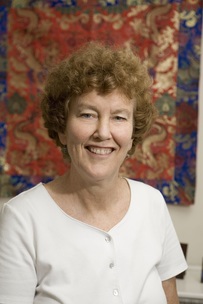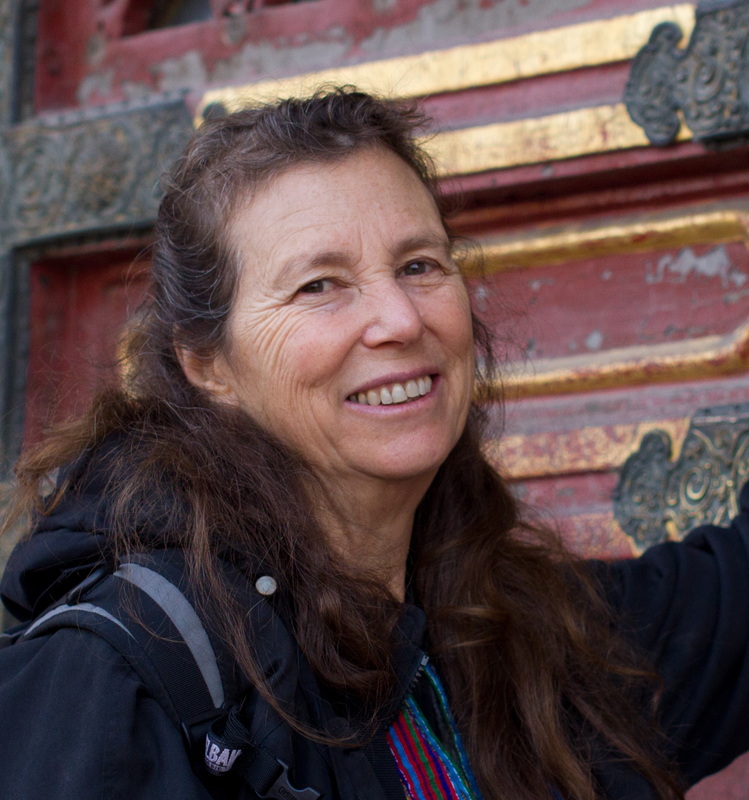Mary Evelyn Tucker, from the Yale Forum on Religion and Ecology provides an excellent assessment of this encyclical – “On Care For Our Common Home.” As a blog, it is a bit long, but well worth reading. Lynne
Climate Change Brings Moral Change
By Mary Evelyn Tucker
Pope Francis is clearly one of the most popular people on the planet at present. With his love for the poor, his willingness to embrace the outcaste, and his genuine humility he has captured the hearts of millions - Christian and non-Christian alike. He has inspired minds as well by his willingness to take on difficult issues such as ecology, economy, and equity, which he sees as inextricably linked. Indeed, these three interwoven issues are at the heart of his Papal encyclical released this week. An encyclical is a letter to the Bishops and all Church members. It is the highest level of teaching in the Catholic Church and this is the first encyclical on the environment in the history of the Church.
First, he addresses ecology.
Second, he speaks about the economy.
Within this valuing of nature, the Pope encourages us to see the human economy as a subsystem of nature's economy, namely the dynamic interaction of life in ecosystems. Without a healthy natural ecology there is not a sustainable economy and vice versa. They are inevitably interdependent. Moreover, we cannot ignore pollution or green house gases as externalities that are not factored into full cost accounting. This is because, for Pope Francis, profit over people or at the expense of the planet is not genuine profit. This is what has happened with fossil fuels causing climate disruption.
Third, he highlights equity.
From this perspective, working within the limits of nature's economy can lead to thriving human societies. In contrast, exploiting the Earth and using oil and gas without limits has led to increased human inequities. Ecosystems are being undermined by climate change and the wealthy most often benefit. The Pope recognizes that such an impoverished economic system results in impoverished and unjust social systems. Thus, for him, the poor must be cared for as they are the most adversely affected by climate change.
The encyclical is not anti-modernity,
but hopes to reconfigure the idea of progress.
"Not blind opposition to progress but opposition to blind progress" as John Muir said. The Pope refers to this perspective when he speaks of a throwaway economy where humans are saturated in materialism. He sees the need for genuine progress where the health of both people and the planet can be fostered. Thus as the head of the Pontifical Academy of Justice and Peace, Cardinal Peter Turkson, has said, "We need to learn to work together in a framework that links economic prosperity with both social inclusion and protection of the natural world." This linkage of ecology, economy, and equity is what is being called an "integral ecology" and is central to the encyclical.
Integral Ecology
Such an integral ecology clearly requires interdisciplinary cooperation as we find our path forward on a planet of more than 7 billion people. We need to understand more fully the challenges the world is facing in terms of economic development and environmental protection. These are not easy to reconcile. Indeed, the international community has been seeking answers since the Earth Summit in Rio in 1992 set forth a framework for sustainable development. The world is ever more in need of an integral ecology that brings together a fresh understanding that people and the planet are part of one interdependent life community. Such an integral ecology affirms the cooperation of science and ethics, knowing that our problems will not be solved without both. It is clear that climate change is requiring moral change.
The Papal encyclical, then, represents a new period of potential cooperation; and is a fresh inspiration for the many efforts that are bringing together ecology and ethics for the flourishing of the Earth community.
Mary Evelyn Tucker, is a Senior Lecturer and Research Scholar at the Yale Forum on Religion and Ecology which has been working on a transformed vision of what the Earth community might become and on mobilizing the moral energies of humanity and the world's religions to move us in that direction. The Yale School of Forestry and Environmental Studies has been broadening this dialogue and building on the work of environmentalists, policy makers, and economists. She is also the author, along with Briane Swimme, of Journey of the Universe (book & DVD).
WHAT CAN YOU DO?
- Read more about the encyclical -- https://laudatosi.com/watch
- Speak with friends and colleagues. Ask how the Encyclical affects their thinking
- Read or watch -- Journey of the Universe



 RSS Feed
RSS Feed


